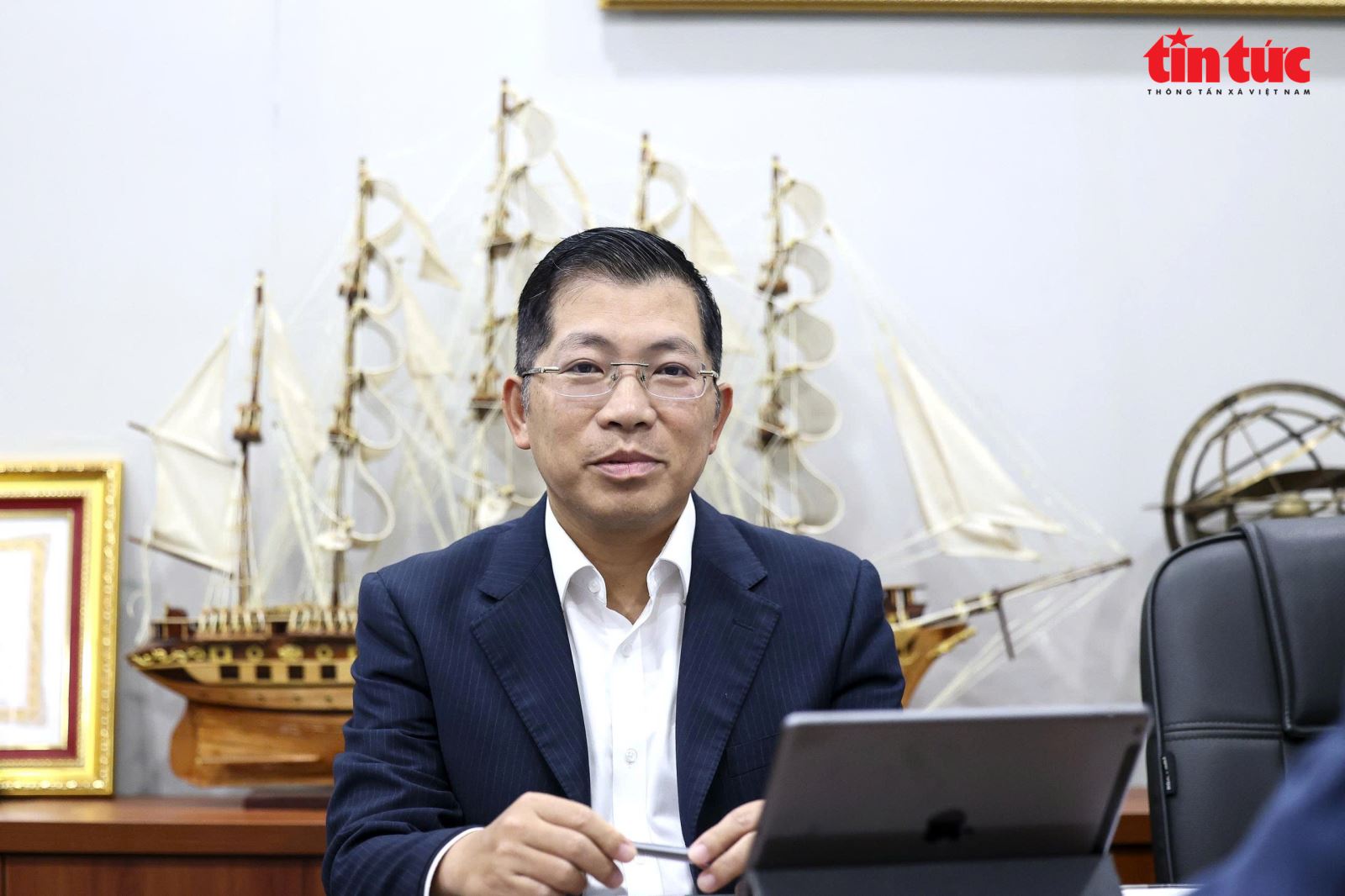
Mr. Luu Dinh Phuc, Director of the Press Department, Ministry of Culture, Sports and Tourism . Photo: Le Phu
Dear Director, the draft Law on Press (amended) is attracting widespread attention from the press and the public. Could you summarize the most prominent new points in this amendment? Through the newly added contents, how does the Department of Press (Ministry of Culture, Sports and Tourism) expect the draft Law to contribute to building a professional, humane and modern press in the digital age, in the spirit of the Resolution of the 13th National Party Congress?
The amended content of the Law closely follows the four major policy groups approved by the Government in Resolution 148/NQ-CP dated September 22, 2024.
The first is a group of policies on strengthening state management in press activities, including perfecting the mechanism for licensing, suspending, and revoking licenses, demarcating authority between the central and local levels, strictly handling violations, and ending the "management gap" for some types of press.
The second is a group of policies on improving the quality of journalists and press agency leaders, promoting professional ethics requirements, clearly defining the rights and obligations of journalists, requiring mandatory training before issuing press cards for the first time, and adding sanctions to revoke cards in case of violations.
The third is the group of policies on press economic development, allowing the press to exploit new legal sources of revenue such as digital copyright, content linking, public media services; creating conditions for the formation of strong key media agencies with the capacity to integrate internationally.
Fourth is the group of policies on regulating press activities in cyberspace, for the first time including in the Law the concepts of "digital content channel", "national digital press platform" and stipulating the responsibilities of press agencies when operating on digital platforms, requiring connection to electronic archive systems and compliance with laws on network security and digital data.
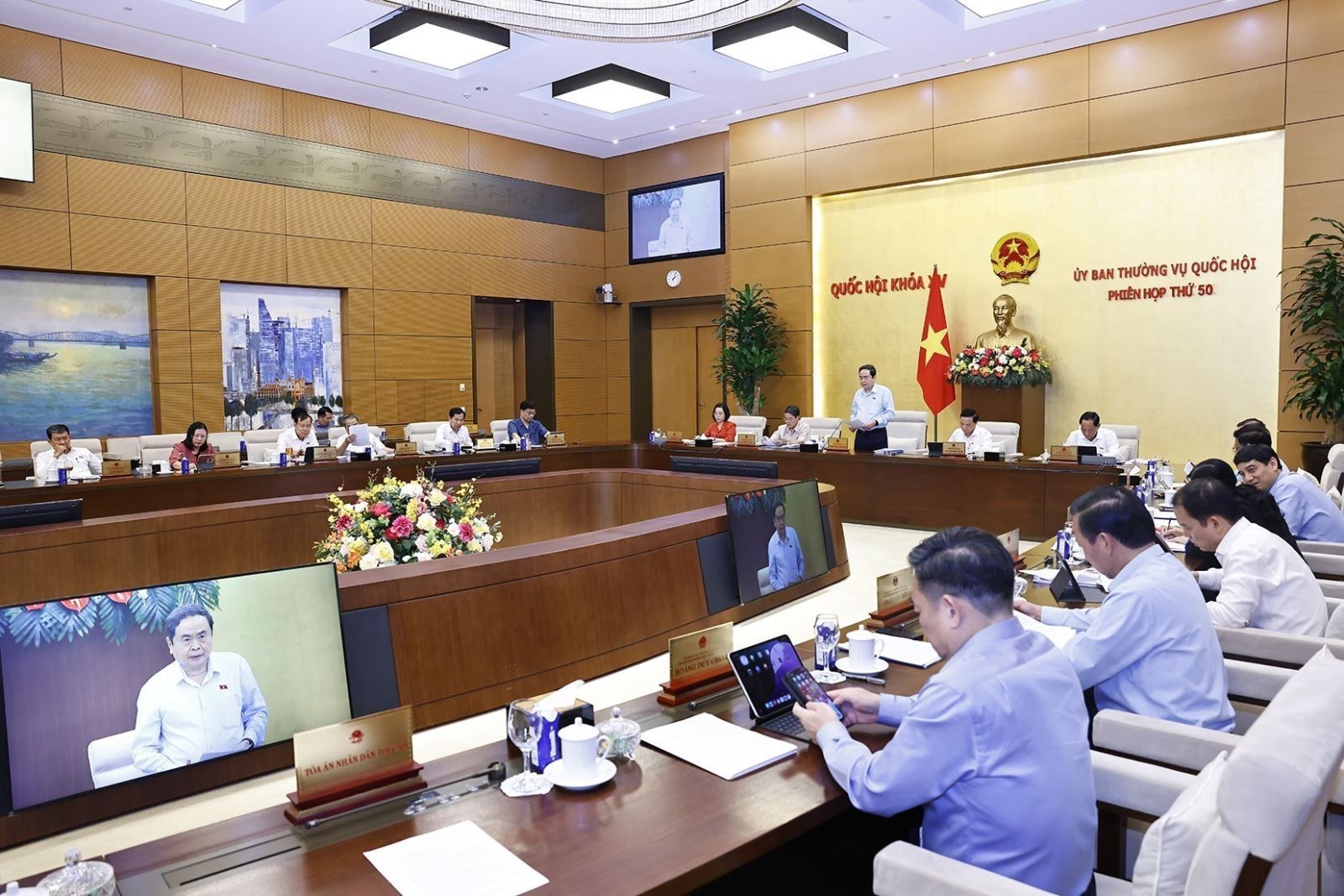
On the afternoon of October 8, 2025, at the National Assembly House, National Assembly Chairman Tran Thanh Man delivered the opening speech at the 50th session of the National Assembly Standing Committee with the following contents: Giving opinions on the draft Law on Press (amended), the draft Law on Population and the draft Law on Disease Prevention. Photo: Doan Tan/ VNA.
Notably, Article 20 stipulates the revocation of press operating licenses, overcoming the situation where there are only administrative sanctions but no strong deterrent measures. Articles 30 and 31 establish a legal corridor for digital journalism, stipulate management principles and responsibilities of the agency operating the national digital press platform, ensuring that the mainstream press space is managed transparently, safely, and is able to resist domination by cross-border platforms.
The draft Law also strongly implements the policy of decentralization and delegation of power. It is expected that 10 more administrative procedures related to the press will be assigned to the provincial People's Committee for handling; at the same time, when developing decrees and circulars guiding implementation, about 20 administrative procedures will be cut, reducing from 68 to 48 procedures, contributing to simplifying conditions and saving costs of law compliance for press agencies and organizations.
In addition, the draft Law continues to affirm the position and role of the Vietnamese revolutionary press, emphasizing that the Vietnamese press is a revolutionary press, the voice of the Party, the State, socio-political organizations and a trusted forum for the people. The Law supplements the principle of press development associated with social responsibility, professional ethics, not pursuing commercialization, ensuring that the press fulfills its mission of orienting and leading information in society. The biggest goal of amending the Law is to strengthen management but create conditions for the press to develop in an orderly and integrated manner without losing its revolutionary and humanistic nature.
This revised law is expected to develop and manage press activities well, aiming at the goal of "professionalism - humanity - modernity". Professionalism in standardizing the card issuance process, training requirements, transparency of the responsibilities of leaders, rights and responsibilities of journalists and reporters, and the mechanism for revoking licenses in case of violations, helping to improve the quality of the press team and handle violations more effectively. Humanity in the mechanism of assigning tasks, ordering, bidding and supporting to serve information tasks for vulnerable groups (children, the visually impaired, remote areas, etc.), ensuring that the press performs its function of serving society. Modernity in legalizing press activities on digital platforms, investing in national press digital platforms and data infrastructure, monitoring, electronic archiving, thereby creating conditions for digital transformation, exploiting digital business models and ensuring information sovereignty in cyberspace.
Regarding the process of completing the draft Law on Press (amended), how has the Drafting Committee carried out the process of collecting opinions and receiving feedback from press agencies, professional associations and legal experts? Are there any comments or recommendations that are noteworthy or have had a major impact on the completion of this draft Law, sir?
The process of drafting the Law was conducted carefully, scientifically and receptively. The Drafting Committee organized to collect opinions widely from ministries, branches, localities, press agencies, professional associations, legal experts; and posted publicly on the Government Information Portal and the Ministry of Culture, Sports and Tourism.
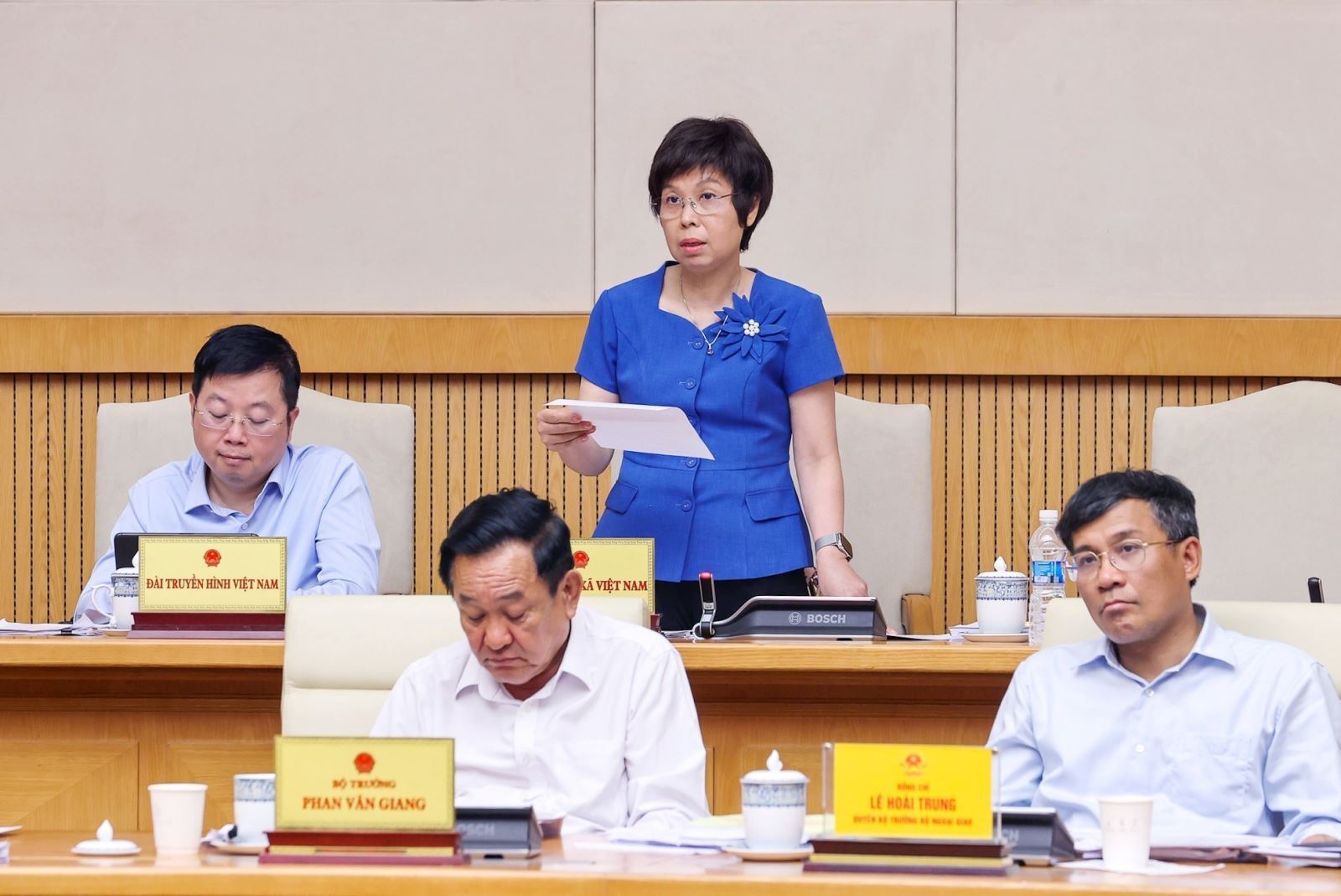
Vietnam News Agency General Director Vu Viet Trang gives comments on the Draft Press Law (amended). Photo: Duong Giang/VNA
We have seen that many thoughtful and practical opinions have been accepted, such as: Regarding press activities in cyberspace, press agencies proposed to clearly define the notification, archiving and monitoring mechanisms to avoid creating barriers and at the same time protect editorial autonomy. Regarding press economic development, many opinions suggested expanding the linkage mechanism, but must clearly distinguish press content from entertainment and commercial content to avoid commercializing political principles. Regarding personnel, there were concerns about tightening the conditions for card issuance, so the draft was adjusted in the direction of raising standards but still ensuring opportunities for young people through a flexible, formal training program.
All comments are aimed at a common goal: A law that both ensures legality in state management and creates motivation for the development of revolutionary journalism. Along with absorbing comments, the Drafting Committee and editorial team reviewed the Party's viewpoints on press work, especially new viewpoints to institutionalize them into laws, such as regulations on the model of local press, radio and television agencies; viewpoints on decentralization and delegation of power to localities, and simplification of administrative procedures.
Articles 30 and 31 of the draft Law on Press (amended) supplement the provisions on press activities in cyberspace and the responsibilities of press agencies when opening content channels in cyberspace. Could you share more about this supplement, sir?
Articles 30 and 31 of the draft Law establish a legal framework for press activities on digital platforms. Accordingly, press agencies must notify state management agencies when opening online content channels; the press must connect to the system of archiving and monitoring content invested by the State; and must comply with the laws on network security, intellectual property and personal data, in addition to the Press Law. Reality shows that the press has shifted strongly to the digital environment, but the current legal framework does not fully cover it. The State needs to both create conditions for digital press development and protect public interests and national information sovereignty.
The monitoring mechanism will be implemented through electronic deposit infrastructure and transparent administrative sanctions, ensuring fairness between mainstream press and cross-border platforms. This is a prerequisite for the Vietnamese press to maintain its leading role in the digital media era.
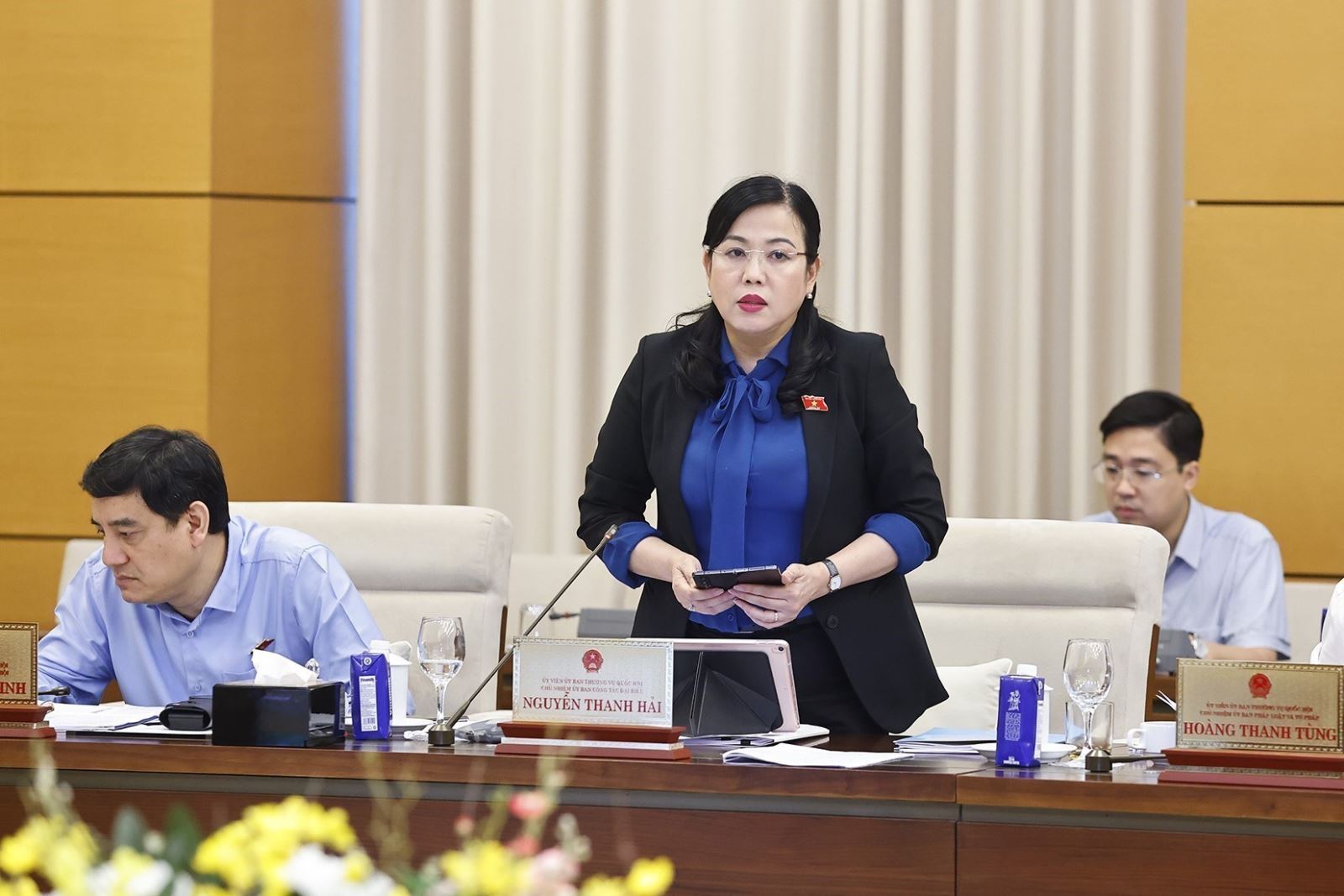
Chairman of the National Assembly Delegation Affairs Committee Nguyen Thanh Hai speaks. Photo: Doan Tan/ VNA.
In addition to the legal framework on content and social responsibility, the issue of press economic development is also of particular interest to the public. Mr. Director, how will these changes create conditions for the press to develop sustainably economically, while still ensuring its principles, goals and political orientation? In addition, there are opinions suggesting studying the model of press corporations or consortia, what is your opinion on this direction?
The draft Law adds many new mechanisms for the press to develop economically sustainably, such as: Recognizing new sources of revenue, including digital content copyright, cooperation, and providing public services; allowing the export of audio and visual media content, expanding domestic and foreign markets; establishing legal boundaries for joint activities, strictly prohibiting joint activities for political, security, defense, and foreign affairs news content. These regulations aim to create conditions for the press to increase financial resources to reinvest in technology and human resources, while still ensuring that its principles and purposes are maintained, avoiding falling into commercialization.
Regarding the model of press corporations or consortia, we believe that this is an inevitable trend in the context of media convergence. However, the implementation needs to be piloted, selecting press agencies with sufficient potential, political position, leadership capacity, multi-platform model and must be placed under a specific, transparent management mechanism, ensuring the construction of large, strong press agencies with a dominant role, but avoiding the centralization of information power.
The current name is determined on the basis of the Press Development and Management Plan approved by the Politburo, which is “Multimedia Key Media Agency”. This agency is expected to have a special financial mechanism and be allowed to have affiliated press agencies. The Government will have specific instructions, will evaluate and summarize this model to propose the formation of a press group in the near future.
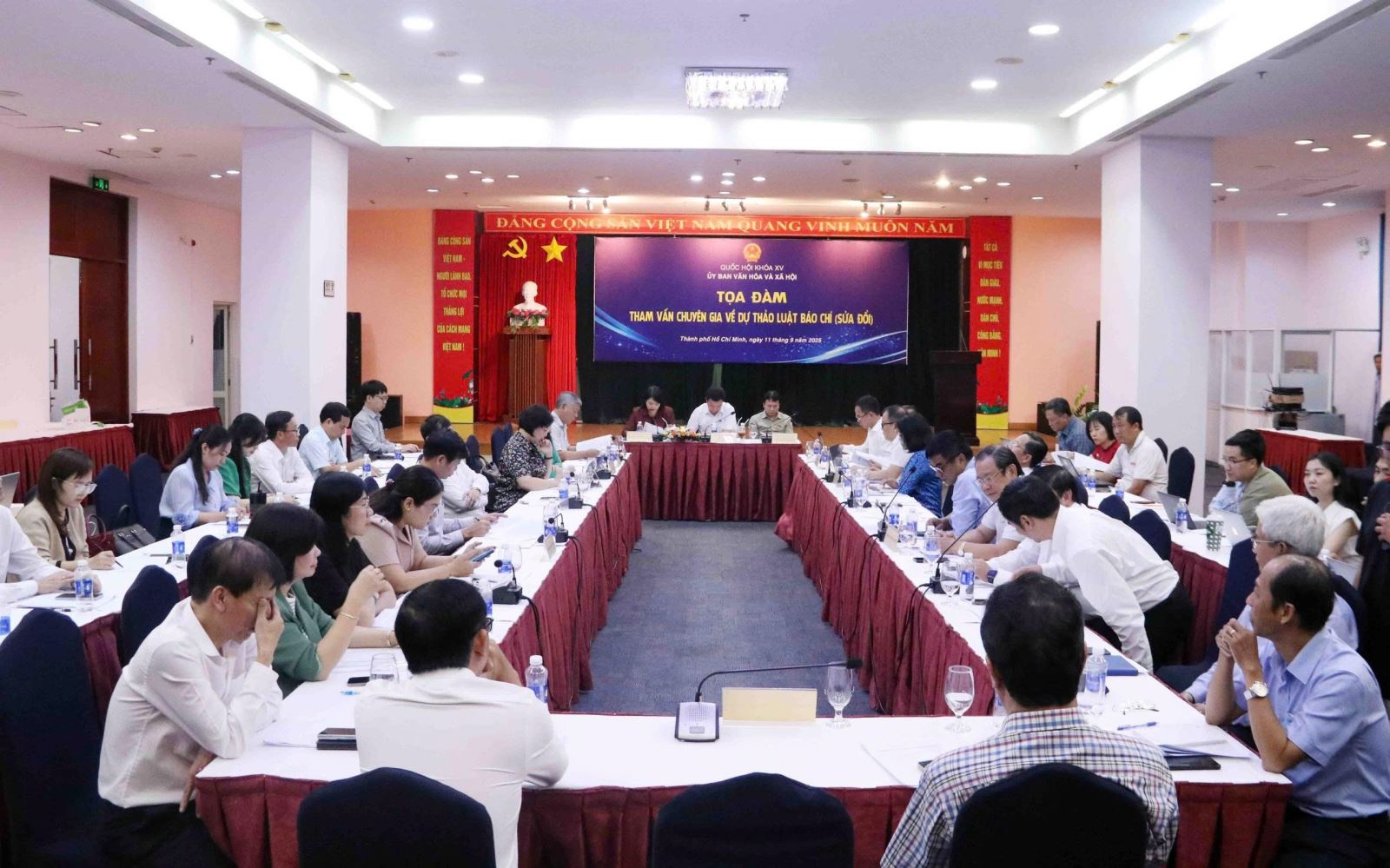
On the afternoon of September 11, 2025, in Ho Chi Minh City, the National Assembly's Committee on Culture and Society held a consultation seminar with experts on the Draft Law on Press (amended). Photo: Xuan Khu/ VNA
The draft Law on Press (amended) stipulates a mechanism for strictly managing the activities of journalists and reporters. Could you please share more clearly about the goals and significance of these regulations in improving the quality of press human resources, protecting the reputation of the journalism profession and the legal working rights of journalists? Will this regulation "increase barriers" for young people entering the profession, or on the contrary, will it help standardize the team of future journalists?
The new regulation on press cards is not intended to “tighten the profession”, but to standardize the profession. The requirement for first-time card holders to undergo training in professional skills and ethics is based on two goals: First, to protect the reputation of the journalism profession, maintain ethical standards, and avoid information errors that cause social consequences; second, to create conditions for young reporters to have a systematic professional background and the courage to work in today's complex environment.
Reporters and editors who do not have a card are still allowed to practice, but must have a letter of introduction - this is a mechanism for press agencies to take responsibility for their personnel, avoiding the phenomenon of impersonation and taking advantage of the name of journalists. Thus, rather than increasing barriers, the new regulations as mentioned above aim to raise the standards of the next generation of journalists, aiming for a team of professional, honest, cultured and socially responsible journalists.
In the context of global press entering a period of strong digital transformation, integrating artificial intelligence technology and multi-platform communication, how do you evaluate the role of the Press Law (amended) in helping Vietnam proactively adapt and integrate internationally while still maintaining the identity and mission of revolutionary journalism? As a state management agency in the field of press, what are the key orientations and solutions of the Press Department in the coming time to put the provisions of the Law into practice, build a press team with strong political will, professional expertise, and mastery of technology, contributing to the sustainable development of Vietnamese press in the new era?
It is expected that the revised Press Law, once passed by the National Assembly, will have a positive impact in many aspects. For the State, the Law ensures a strong enough legal tool to manage media risks, maintain national ideological security and digital sovereignty. For press agencies, the Law opens a legal corridor to develop a press economic model, digital transformation, exploit multi-platform content, and form a key multimedia media agency - a premise for the formation of national press corporations in the near future.
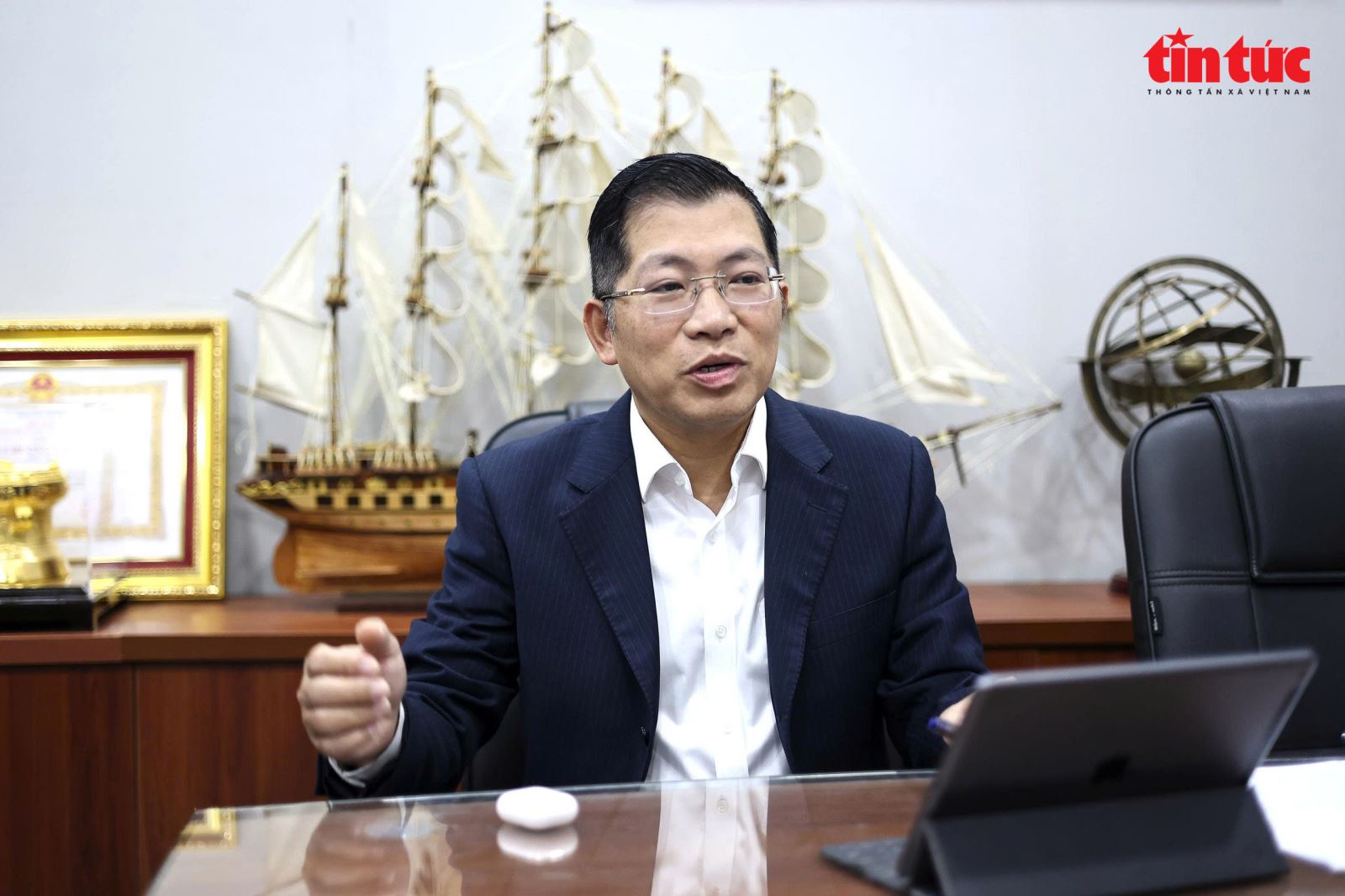
Mr. Luu Dinh Phuc, Director of the Press Department, Ministry of Culture, Sports and Tourism, expects that the Press Law (amended) when passed by the National Assembly will have positive impacts in many aspects. Photo: Le Phu
For journalists, the Law enhances professional values, protects the right to work legally, and eliminates individuals who take advantage of the press for personal gain. For society, the Law helps citizens access truthful, accurate, and safe information, contributing to building a healthy media environment and strengthening people's trust in the Party and the Socialist regime. The promulgation of the Press Law (amended) will ensure balanced development between press freedom and social responsibility, between international integration and preserving national identity, thereby making practical contributions to the cause of building and defending the Fatherland in the new period.
In the coming time, we will focus on key tasks such as: Developing clear and feasible Decrees and Circulars, especially on press activities in cyberspace, electronic archiving, press economics and issuing press cards; implementing propaganda and widely disseminating the Law and legal documents on press; summarizing the National Press Development and Management Plan until 2025, proposing to competent authorities on plans to streamline and develop the press system in the new period. In addition, promoting the implementation of investment in the national press digital platform system, integrating data analysis tools, measuring media trends, and supporting press agencies in digital transformation.
In addition, deploy a digital journalism training program, combining multimedia skills - AI - professional ethics; coordinate with the Journalists Association and training schools to carry out this task; at the same time, develop a model of a key multimedia media agency, with a specific financial mechanism, with affiliated press agencies, creating a leading locomotive, spreading professional journalism standards.
We believe that, with the new legal framework and the determination of the press, the Vietnamese press will continue to affirm its role as a vanguard force on the ideological and cultural front, accompanying the country's development in the new era.
Thank you very much!
Source: https://baotintuc.vn/thoi-su/luat-bao-chi-sua-doi-phat-trien-di-doi-voi-quan-ly-hieu-qua-20251022120137261.htm


![[Photo] Prime Minister Pham Minh Chinh chairs meeting on nuclear power plant construction](https://vphoto.vietnam.vn/thumb/1200x675/vietnam/resource/IMAGE/2025/10/22/1761137852450_dsc-9299-jpg.webp)





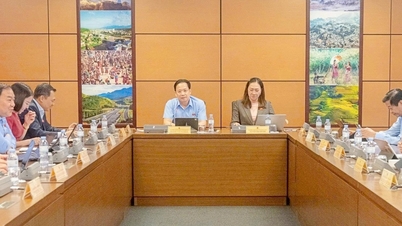

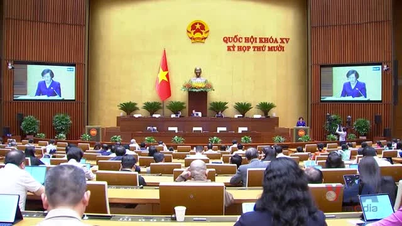

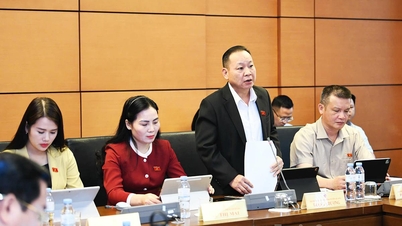

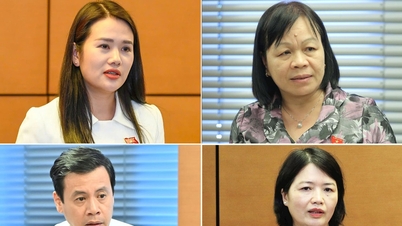
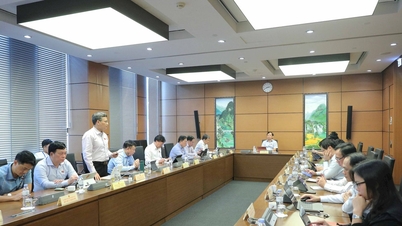
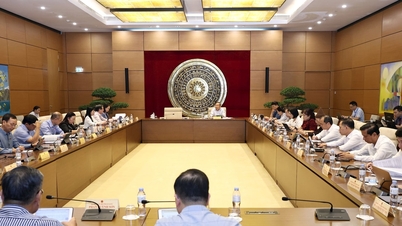
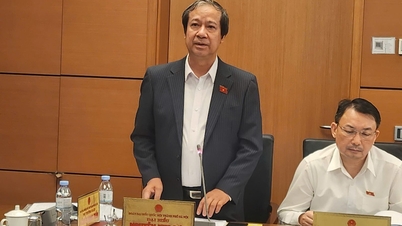
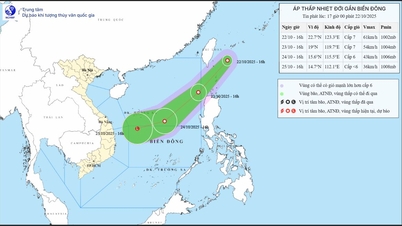
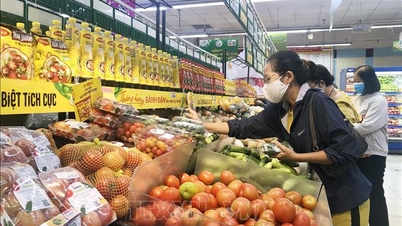
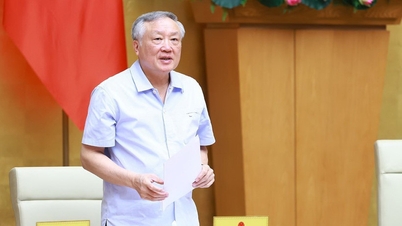
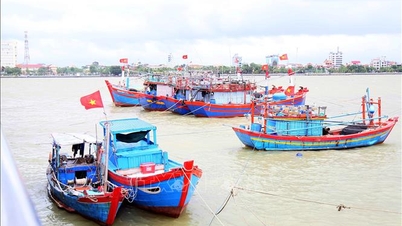
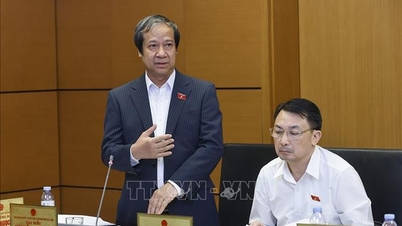




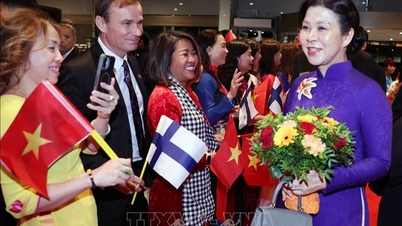
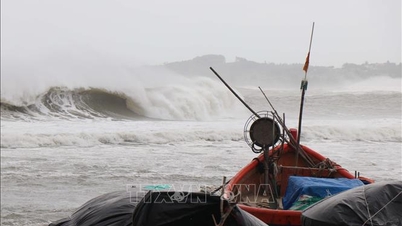
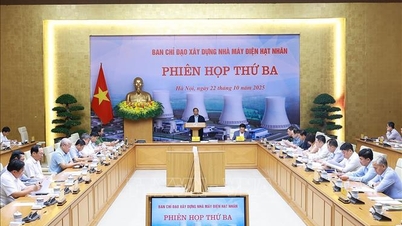
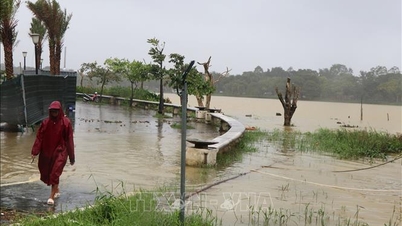
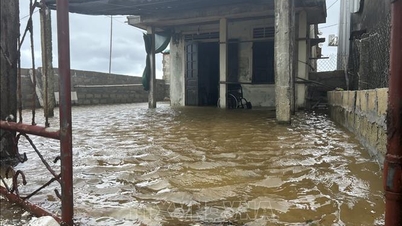
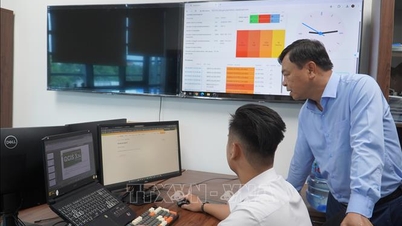






































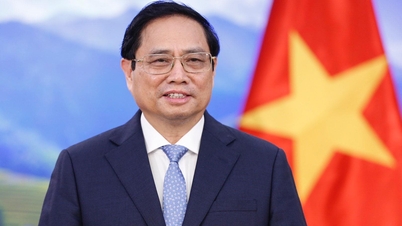

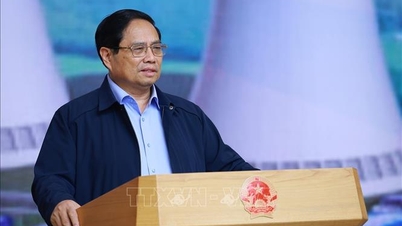


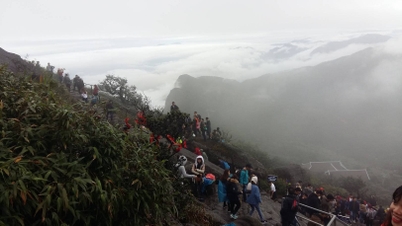

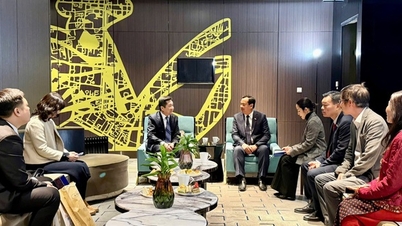

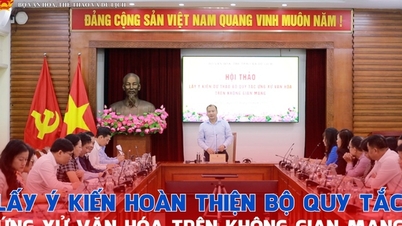
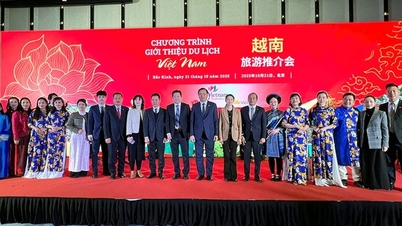
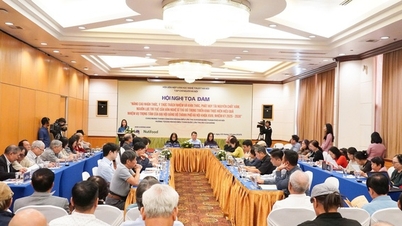
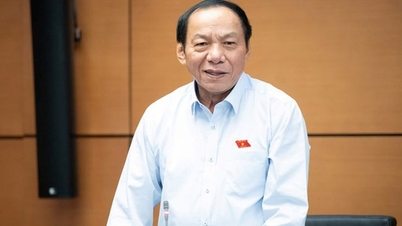
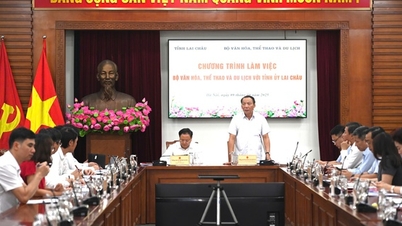
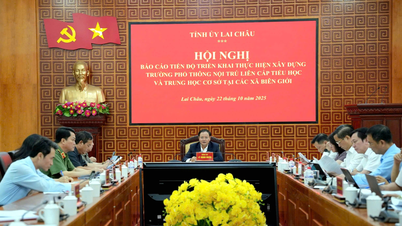
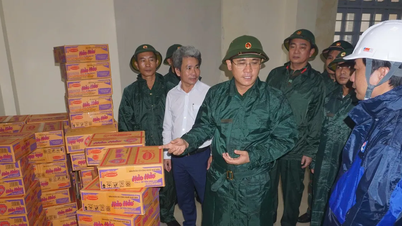



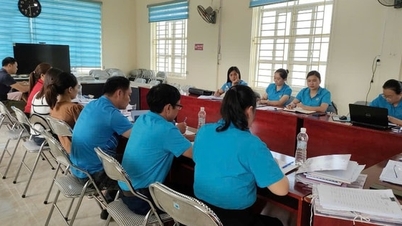


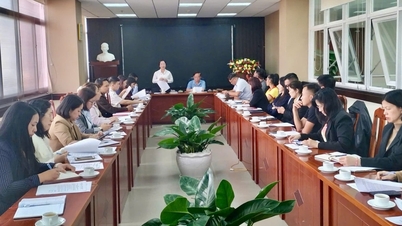












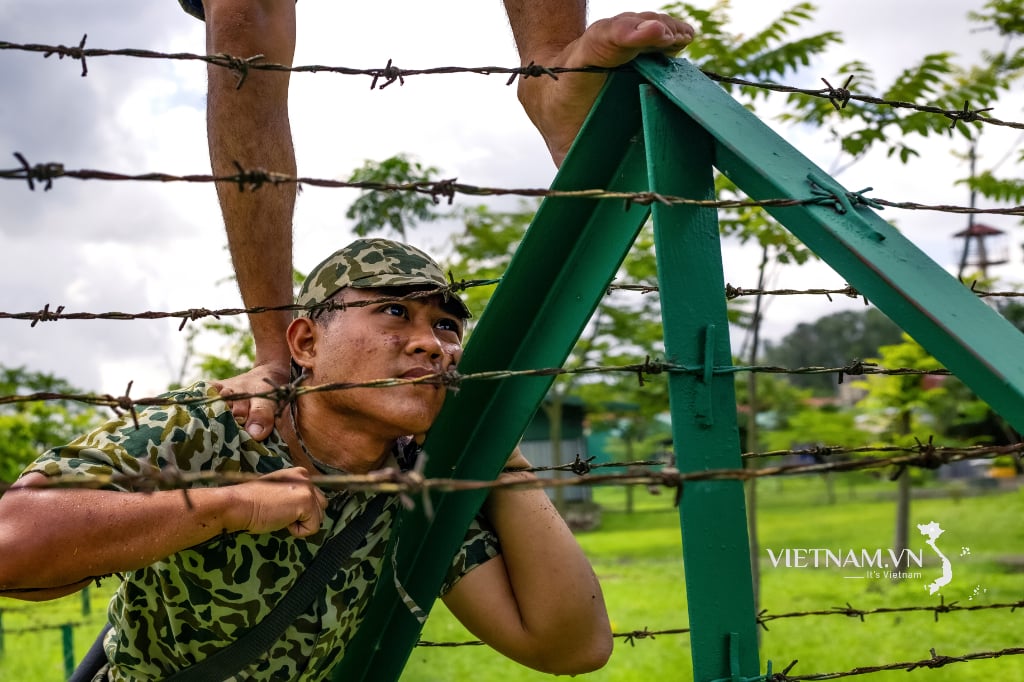

Comment (0)